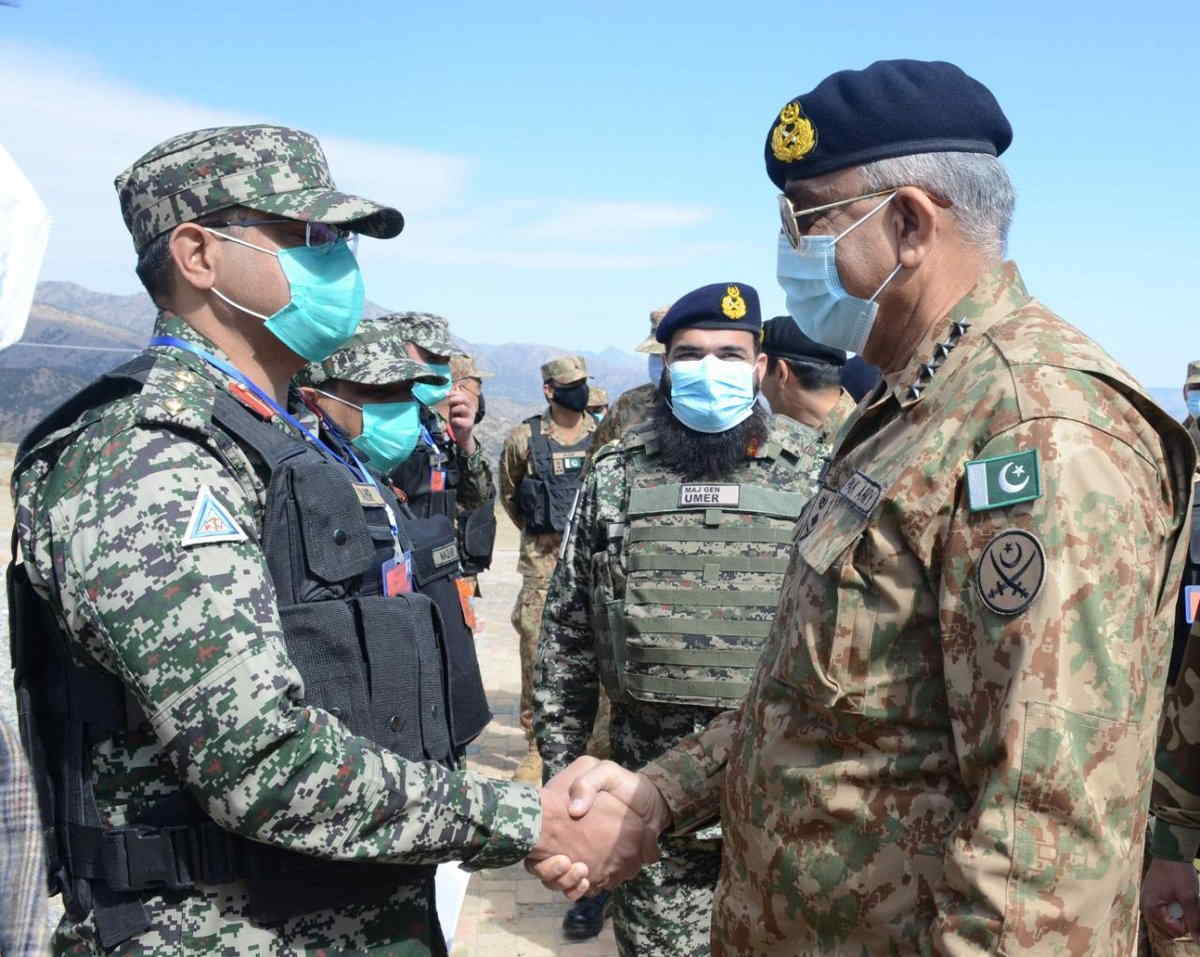By Shakti Sinha
Pakistan’s schizophrenic attitude to India was on full display earlier this week when the cabinet presided over by prime minister Imran Khan rejected the proposal of the high-powered Economic Coordination Committee chaired by its finance minister to import sugar and cotton from India. The cabinet reiterated Pakistan’s stated position that till India reverses the August 5, 2019 changes in Jammu and Kashmir, there would be no forward movement from its side.
The rejection surprised most analysts since it was widely expected that Pakistan would go ahead and start limited trade with India based on two developments. One, there was general expectations that Pakistan, having agreed to reinstate the 2003 ceasefire agreement with India, reportedly under pressure from its prominent debtors like UAE, would adopt a more realistic approach to relations with India.
This view gained currency since country’s army chief, General Bajwa, who is the most powerful person in the establishment, had openly said that India and Pakistan should ‘bury the past and move forward.’ These remarks at the first Islamabad Security Dialogue went much further. As the perceptive US-based Pakistani scholar, Hussain Haqqani wrote, Bajwa ‘recognised the role of “politically motivated bellicosity” in derailing rapprochement between India and Pakistan. Even more important, he suggested that primacy must be given to “demography, economy, and technology” and significantly did not mention ‘Pakistan’s ideology’ which the army sees itself as the guardian. It was expected that once the army chief had spoken, the elected executive would simply go along.
The second reason why a change was expected was because of the state of the economy. According to the World Bank, over the past two decades, Pakistan’s per capita income grew at 2% per year, half of the average of the South Asian region. During the last fiscal, FY 2020 ending June 2020, Pakistan entered into 39 months extended fund facility which entailed Pakistan adopting ‘adjustment measures, including fiscal consolidation, contributed to a reduction of the imbalances over the year and improved macroeconomic stability.’

The Covid pandemic allowed the country to go slow on restructuring the rent-seeking economy but it only meant kicking the can down the street. The economy in the FY 2020 shrunk a mere 1.5% but the number of those falling under the poverty line went up by 2 million. Worse, according to the World Bank, 40 percent of households suffer from moderate to severe food insecurity. Inflation in the first half of FY 21 (July 2020 – February 2021) remained high at 8.3%, hence the central bank’s policy rate is at 7%, which makes investments unattractive. Even as overall output growth was positive at 2.2%, ‘sectors that employ the poorest, such as agriculture, are expected to remain weak.’ Specifically, for a textile and garment exporting economy, against the annual estimated (minimum) requirement of 12 million bales of cotton, in the last fiscal FY 2020, the total production of cotton bales according to government estimates was only 7.7 million bales production.
Read also- Pakistan does a U-turn on reopening trade with India, harps on Kashmir again
According to the cotton ginners, the total production was actually only 5.5 million bales. The shortfall was partly met by import of about 700,000 tonnes from the US, Brazil and Uzbekistan. Industry suggested import from India, the world’s largest producers of cotton bales, would be cheaper than from any place else and be effective in 3-4 days, as against weeks from elsewhere, and had lobbied hard for it.
In the face of these facts, the cabinet’s decision seems puzzling. What makes it even more so is the proposal for cotton and sugar imports came from the commerce ministry, which is headed by Imran Khan himself. His advisor on national security Moeed Yusuf tried to explain this contradiction by saying that as commerce minister, Khan had one view but as the head of the cabinet, he took another view, adding that showed the strengthening of institutions!
The only plausible explanation why the government apparently went against the advise of the army chief and the prime minister is that there are strong sections of the army that are not behind Bajwa’s expressed sentiments. Retired ambassador Abdul Basit, known to be close to the army, fired off the first salvo by directing assailing any move to normalising relations and called it a surrender.
Surprisingly, Jahangir Qazi, another retired diplomat but who was generally seen as a moderate, also echoed this line. Within the government, hardlines like foreign minister Qureshi and Shireen Mazari were completely against even the slightest opening to India. The latter, in fact, was the first one to tweet that the cabinet had rejected the import move. Interestingly, this item was not even on the cabinet’s agenda.
Bajwa is not the first army chief to be embarrassed by his own army; Musharraf’s six-point plan with Manmohan Singh on Kashmir was vetoed by the army brass. But in this case, it has allowed some politicians, themselves creations of the army, to play the nationalist card against the army chief, a first. Does this contain the seeds of incipient autonomy by the political class, or is this just another case where on India, the Pakistani establishment will not change its position, knowing that it could lead to the unravelling of the military’s monopoly of power?
(Shakti Sinha is the Honorary Director, Atal Bihari Vajpayee Institute of Policy Research and International Studies, MS University, Vadodara and Distinguished Fellow, India Foundation, New Delhi)




















